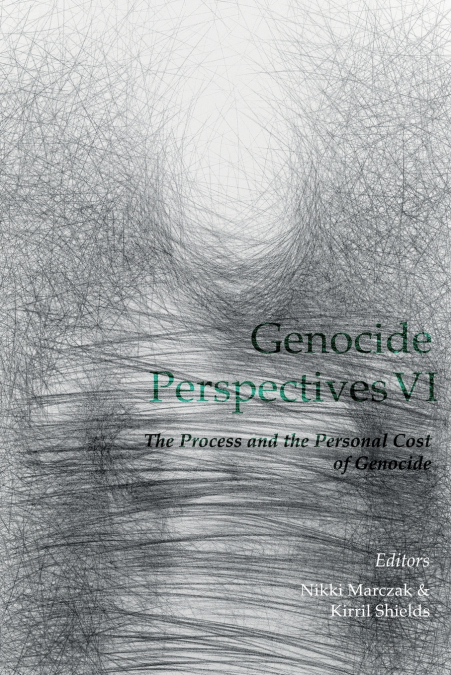
Genocide Perspectives VI grapples with two core themes: the personal toll of genocide, and processes that facilitate the crime. From political choices governments and leaders make, through to denialism and impunity, the crime of genocide recurs again and again, across the globe. At what cost to individuals and communities? What might the legacy of this criminality be? This collection of essays examines the personal sacrifice genocide takes from those who live through the trauma, and the generations that follow. Contributors speak to the way visual art and literature attempt to represent genocide, hoping to make sense of problematic histories while also offering a means of reflection after years of 'slow violence' or silenced memories. Some authors generously allow us into their own histories, or contemplate how they may have experienced genocide had they been born in another time or place. What facets contribute to the processes that lead to, or enable the crime of genocide? This collection explores those processes through a variety of case studies and lenses. How do nurses, whose role is inherently linked to care and compassion, become mass killers? How do restrictions on religious freedom play a role in advancing genocidal policies, and why do perpetrators of genocide often target religious leaders? Why is it so important for Australia and other nations with histories of colonial genocide to acknowledge their past? Among the essays published in this volume, we have the privilege and the sorrow of publishing the very last essay Professor Colin Tatz wrote before his passing in 2019. His contribution reveals, yet again, the enormous influence of both his research and his original ideas on genocide. He reflects on continuing legacies for Indigenous Australian communities, with whom he worked for many decades, and adds nuance to contemporary understanding of the Armenian Genocide and the Holocaust, two other cases to which he was deeply committed.